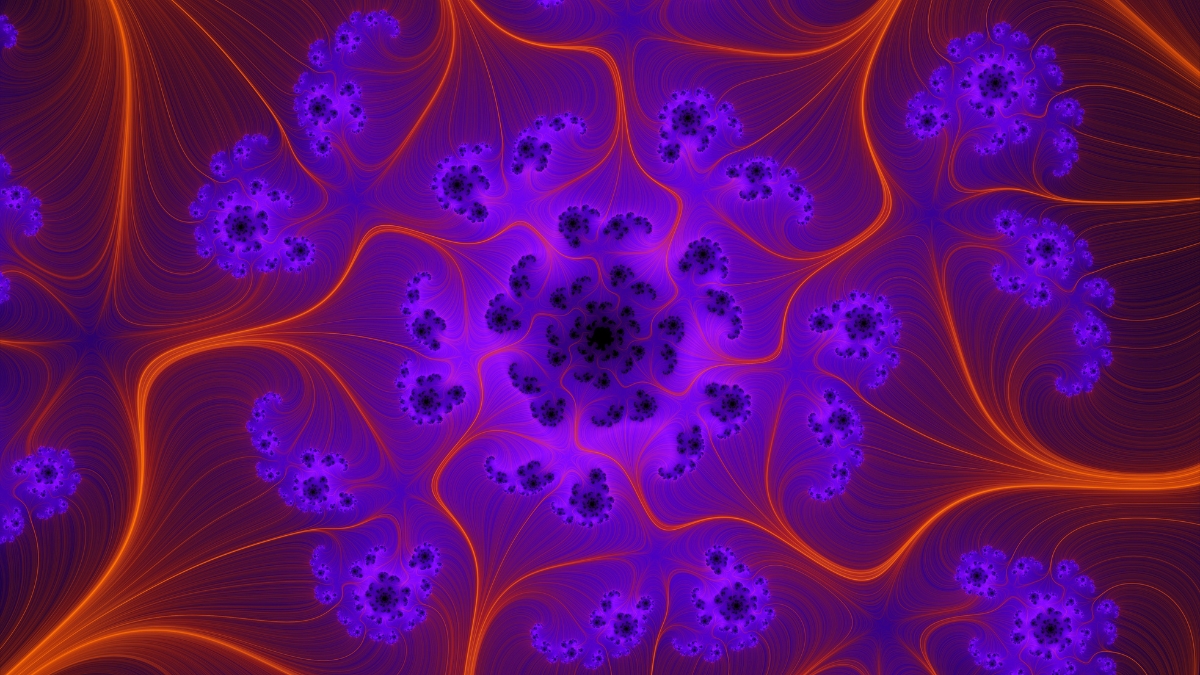What is the scientific objection to the effects of hypnosis? Hypnosis has long been a subject of fascination, often depicted in movies and novels as a powerful tool for mind control. However, some skepticism still surrounds its scientific validity. In this blog post, we aim to delve into the scientific objections to the effects of hypnosis, dispel common myths, and shed light on its true potential.
What is The Scientific Objection To The Effects of Hypnosis?
The scientific objection to the effects of hypnosis stems from concerns about the lack of standardized techniques, inconsistent results, potential placebo effects, subjective measures, and the potential for false memories or suggestibility. Critics argue that these factors make it difficult to establish the efficacy of hypnosis and question its reliability as a therapeutic or forensic tool.
The Hypnosis Enigma: Unraveling Fact from Fiction

Hypnosis, a term derived from the Greek word “hypnos” meaning sleep, is a psychological phenomenon characterized by a trance-like state. While its origins can be traced back to ancient civilizations, modern hypnosis gained popularity in the 18th century thanks to pioneers like Franz Mesmer.
Despite its widespread use and decades of scientific research, hypnosis continues to be seen as mysterious and ill-understood. By delving into its historical context, we can distinguish fact from fiction and better appreciate the significance of this fascinating practice.
The Role of Suggestion in Hypnosis
Suggestion plays a central role in hypnosis, influencing a person’s behavior and perception during a trance-like state. However, this reliance on suggestion has led to some scientific objections. Detractors argue that the effects of hypnosis are simply a result of heightened suggestibility rather than a distinct phenomenon.
Also Read: What are The 4 Types of Hypnosis?
While it is true that suggestibility can impact the hypnotic experience, scientific research has shown that hypnosis goes beyond mere suggestion and involves changes in brain activity, perception, and consciousness.
The Misunderstood Science of Altered States of Consciousness
Altered states of consciousness (ASC) refer to any departure from the ordinary waking state, and hypnosis is believed to induce such states. However, objections arise in the scientific community regarding the measurement and objective evaluation of these states. Critics argue that the subjective nature of ASC makes it challenging to study and reproduce in experiments.
Despite these objections, researchers have developed various methods to measure hypnosis, including psychophysiological markers and neuroimaging techniques, providing valuable insights into its effects on the human mind.
The Placebo Effect and Hypnosis
The placebo effect, well-known in medical research, is a phenomenon in which a patient experiences improvements in their condition due to their belief in the treatment rather than the treatment itself. Similar debates surround hypnosis, as critics suggest that its perceived effects could be attributed to a placebo response.
While it is true that belief and expectation play a significant role in hypnotic experiences, studies have demonstrated that hypnosis goes beyond placebo effects. The distinct neurophysiological changes observed during hypnosis support its validity as a unique psychological state.
The Importance of Robust Experimental Methods
One of the main objections to the effects of hypnosis lies in the variability of experimental methods and the challenge of creating standardized protocols. Critics argue that inconsistencies in procedure and measurement undermine the scientific rigor of hypnosis research.
Acknowledging these concerns, researchers have made efforts to develop standardized hypnotic induction procedures, establish guidelines for measuring hypnotic depth, and address potential confounding factors. These advancements improve the credibility and reliability of future studies, laying the foundation for a more scientific approach to hypnosis.
Conclusion
What is the scientific objection to the effects of hypnosis? By exploring the scientific objections to the effects of hypnosis, we can dispel common myths and shed light on the true potential of this ancient practice. Despite skeptics and ongoing debates, scientific research offers evidence that hypnosis is a distinct psychological phenomenon, influencing brain activity, perception, and consciousness.
As researchers continue to address objections, develop robust experimental methods, and unravel the intricate workings of hypnosis, we can gain a more comprehensive understanding of the human mind and tap into the true therapeutic potential of this fascinating phenomenon.
We appreciate your time in reading our blog post, what is the scientific objection to the effects of hypnosis? If you have any questions or concerns, please don’t hesitate to reach out to us through our contact form. We are always here to assist you and value your feedback. Thank you once again for your support, and we eagerly await your response.
